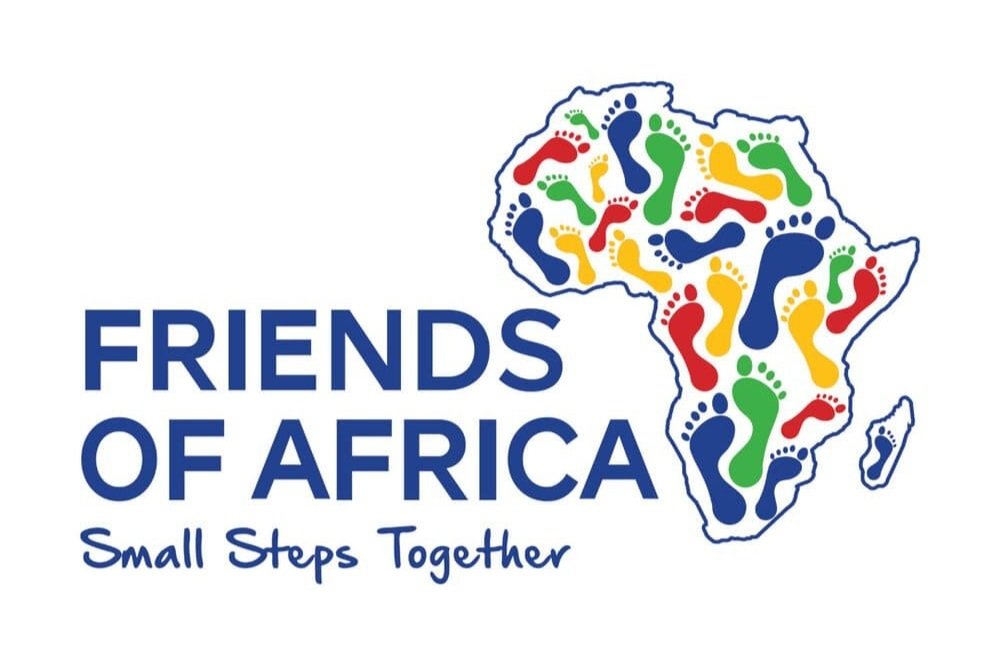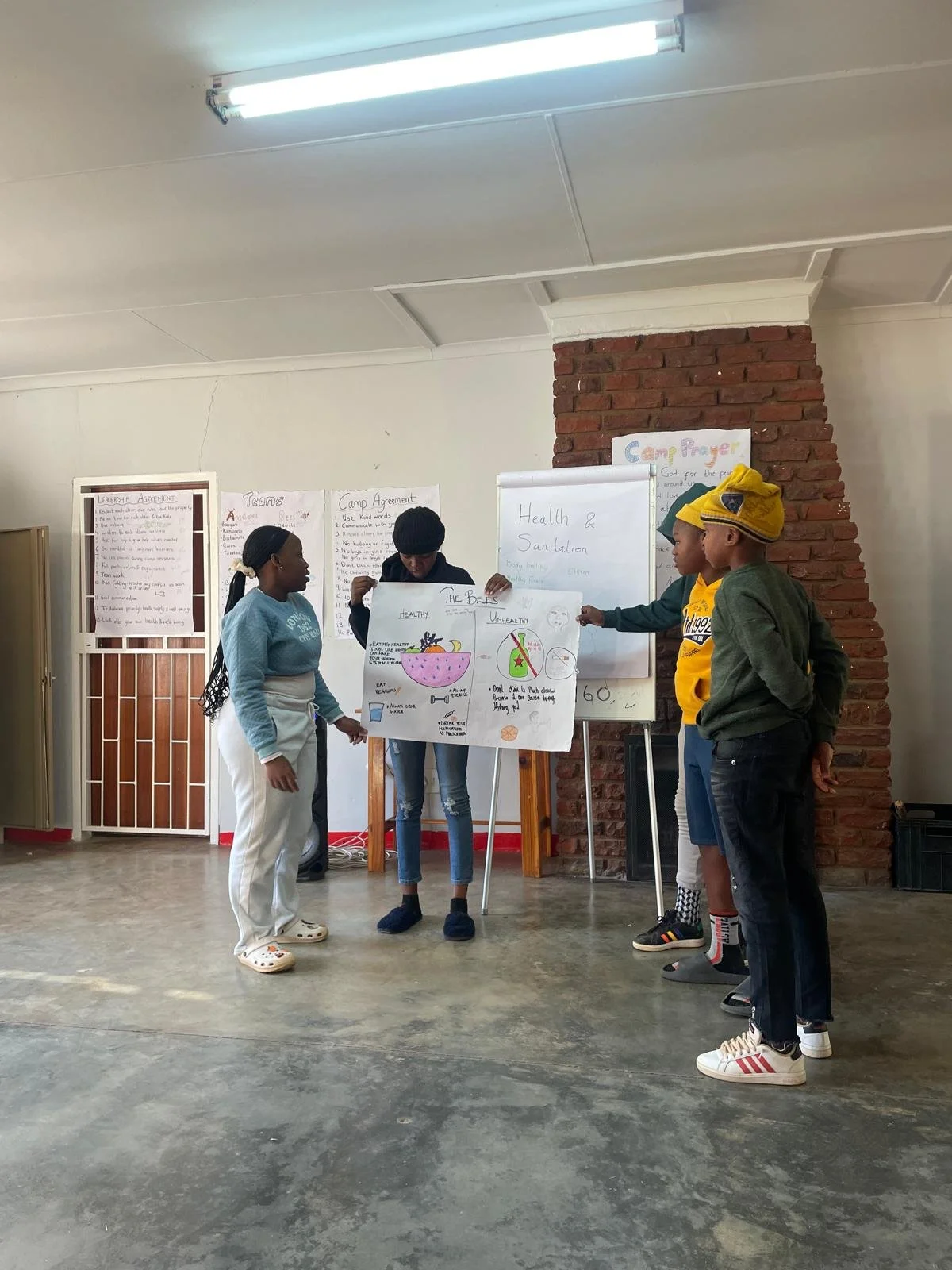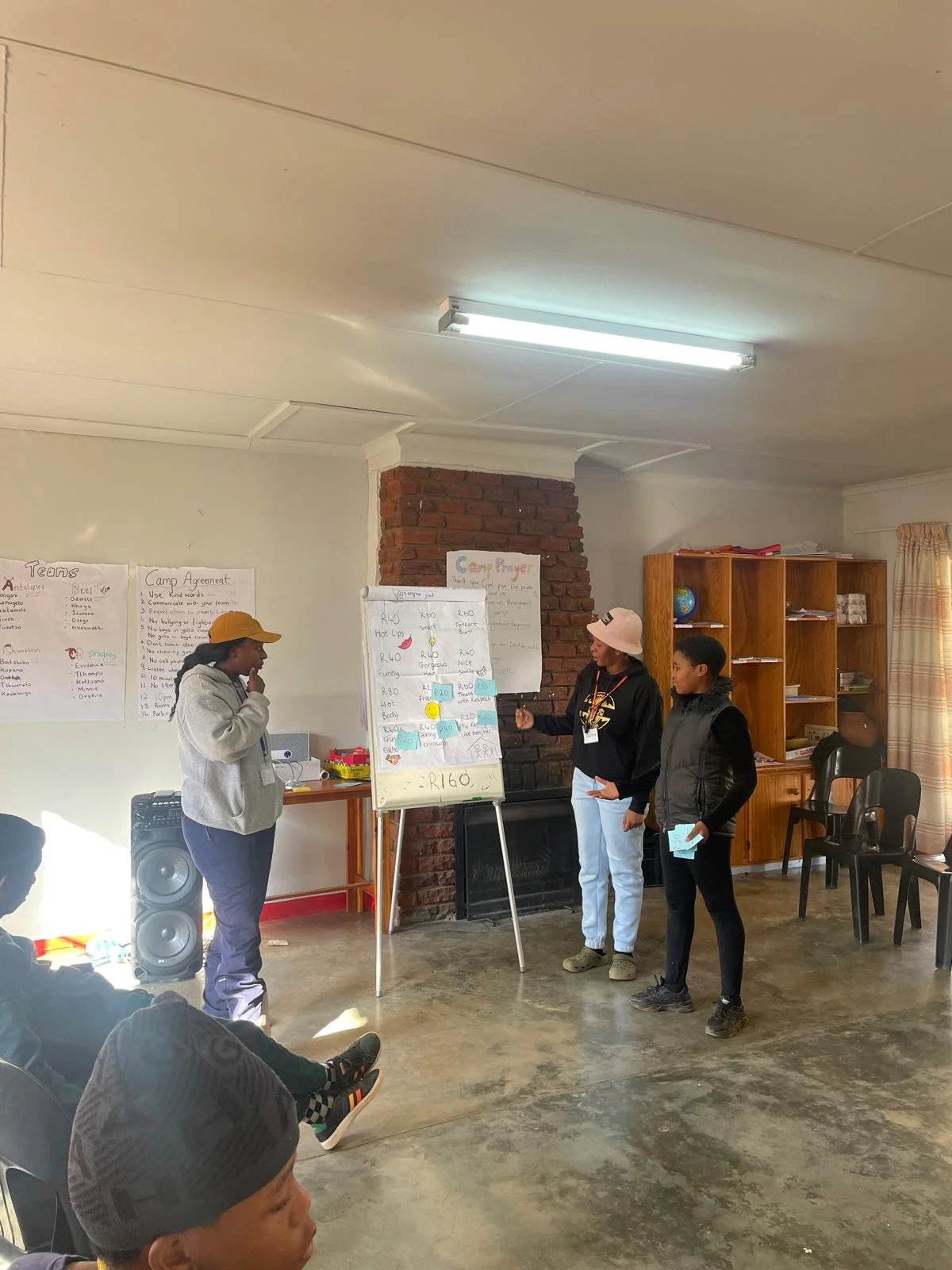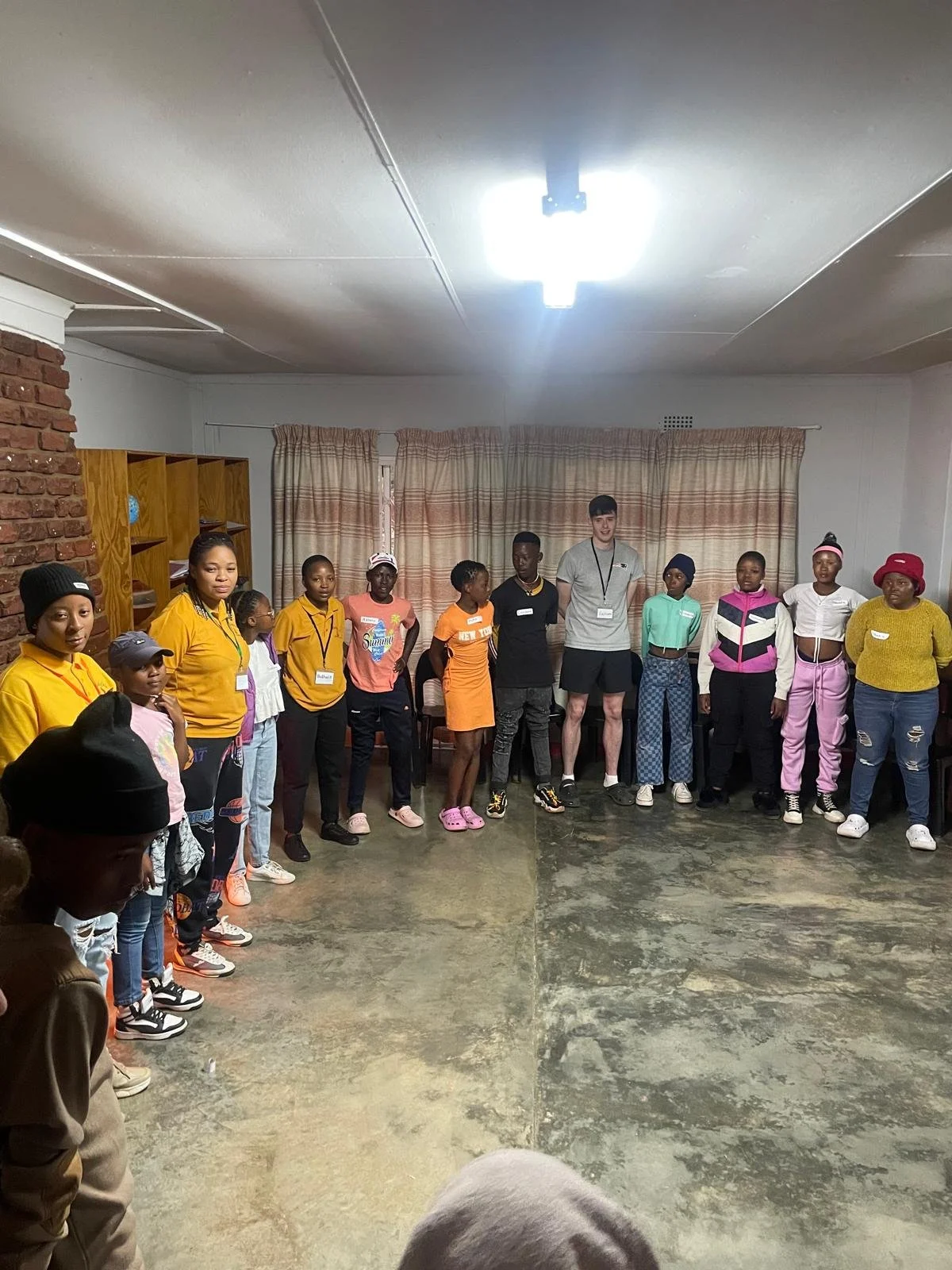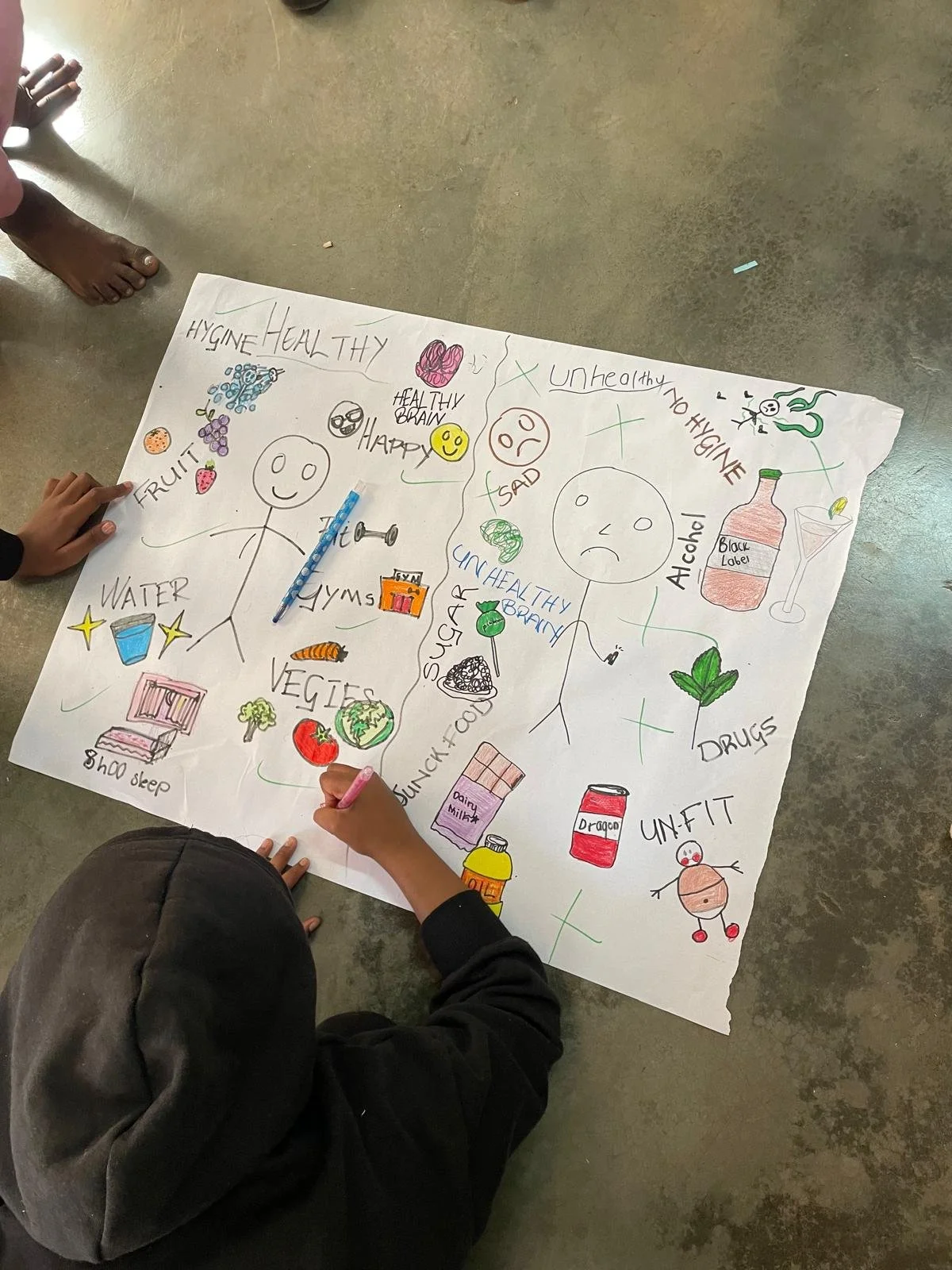A closer look at the GSP youth camps: How they are planned, who they are for and why they are needed
During our time in South Africa our GSP team have been running youth development camps for young people living in informal settlements in collaboration with volunteers from the Tsholofelo Community.
The Tsholofelo volunteers work throughout the year at the Freedom Park, Siza and Mpho Khunou settlement camps, providing youth development and skills training for those who would otherwise be unable to receive this.
Incorporating their recommendations on what would benefit the young people attending the residential camps, we collaboratively planned and conducted workshops on health and sanitation, healthy relationships, sexual health, and self-awareness, using the Global Youth Work Toolkit as a reference.
The young people were challenged but engaged throughout these sessions, always inquisitive and giving great input and feedback.
Of course, all workshops were integrated between fun outdoor sessions including games, team-building activities, obstacle races and more to ensure each group got the most enjoyment out of their residential experience!
Speaking with one of the most experienced Tsholofelo volunteers, Omphemetse, we asked what challenges young people growing up in Freedom Park faced on a day-to-day basis. She explained that young people can be exposed to high levels of domestic violence and sexual abuse within their own households and families.
They are also exposed to mob justice and transactional sex in their community, with many of the students telling stories of the scenes they have witnessed, far beyond what any young person should ever have to see or understand.
As so many people move to the area with hopes of gaining employment in the mines, there aren’t enough jobs for everyone, leading to high rates of unemployment in the informal settlements.
This often leads to parents leaving their children to find domestic work in towns further away and the older children having to care for their younger siblings in homes with no electricity and a lack of water.
Some young people, especially young boys start stealing cables at a young age to sell for profit, putting them at risk of falling into a life of crime. As well as this, they are often exposed to substance abuse when older men encourage them to smoke or take drugs on the streets.
These young young frequently lack the opportunity to receive an education due to various reasons. Many people who move to Freedom Park are not from South Africa and don’t have the documents needed to attend school, others simply cannot afford the fees or cannot afford the transport to further away schools when the ones close by are oversubscribed.
Additionally, it can sometimes be the case that parents are unable to see the value of education for their children and so they choose not to send them.
Omphemetse, who currently works with the oldest group of young people aged 14-16 at Freedom Park, explained to us why the project is so important to them. She explained that the project works specifically with orphaned and vulnerable children, under the guidance of local social services who signpost them to the project.
Many don’t have access to substantial or regular meals so the meals they receive at the project and whilst at the youth camps are of huge importance.
Clothes and blankets are provided for the young people for the cold winter months thanks to donations.
The project supplies young women with sanitary products and educates them about puberty, menstruation, and period hygiene, which is often lacking, especially for those not attending formal schooling.
During the school year, young people learn basic English, Maths and Social Development skills from the Tsholofelo volunteers in the hopes this will support them if they get the chance to join the public school system.
Omphemetse emphasised how the project provides a caring, supportive, understanding space for the young people, giving them a sense of belonging and building a confidence in themselves that their circumstances and environment can often strip them of.
During our time in Rustenburg, we have ran three camps and worked with 70 young people alongside 12 South African leaders.
- Maria Goldring
